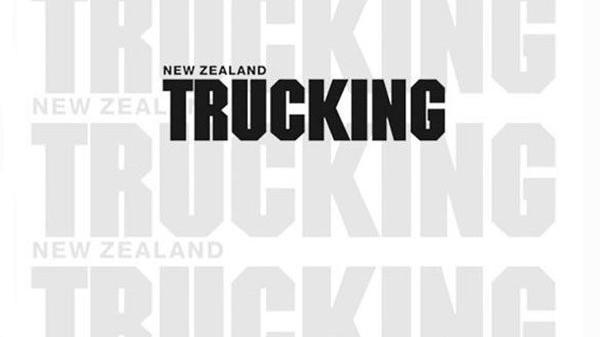
Attending a seminar titled Fighting Back Against Hackers at the recent Australian Trucking Association conference opened my eyes and highlighted the challenges our industry faces concerning online hackers.
The speaker, Dennis Desmond, had spent most of his career in counterintelligence, first as a US Army special agent, later in the FBI and finally as a special agent with the US Defence Intelligence Agency. Dennis is now a lecturer in cyber intelligence at the University of the Sunshine Coast. His seminar was insightful, funny, and at times shocking.
Cybersecurity must be a priority for every trucking company, regardless of size. You need to be worried. The challenge for business is differentiating attacks by individuals, organised crime and state-sponsored groups.
Hackers’ appearances may not fit a particular stereotype. They come from all walks of life, and their motivations for hacking can vary widely. Popular culture often portrays hackers as teenagers or young adults, but they can be any age. They don’t particularly wear black hoodies; they come from all backgrounds and even diverse education and work experiences. Hackers have different motivations, such as financial gain, political activism, personal revenge, or they can be simply seeking a challenge.
A cyber-attack is an intentional and malicious attempt to compromise a computer system, network or device to steal identities, damage data and disrupt operations. Imagine if your whole dispatch systems were damaged or shut down. Most of your system is unique to your business, so having to recreate that is a huge job. Cyber-attacks can take many forms and can target businesses regardless of size.
Malware is a type of malicious software that can infect your computer and can be used to steal data or just damage your systems.
Ransomware is another type of malware that encrypts a business’ file, then demands payment for the key to restore access.
Phishing is a technique used to trick users into providing sensitive information, such as passwords. It can send fake emails that look and appear to be from a trusted source.
Distributed denial of service (DDoS) attacks involve flooding a target website with traffic, causing it to be overwhelmed and preventing legitimate users from accessing it.
Insider threats can be employees or people with access to sensitive information who intentionally want to cause your company harm.
The economic impact on the New Zealand economy is increasingly digital, with most businesses relying on online systems and services. A cyber-attack can cause significant disruption and cost to a business.
Stanford University and a top cybersecurity organisation found that approximately 88% of cyber-attacks are caused by human error. Human error is still very much the driving force behind cybersecurity problems.
Here are some ideas on how you can prevent a cyber-attack on your transport business:
Educate your team on basic cybersecurity practices, such as creating strong passwords. Set up guidelines for identifying scams and don’t click on suspicious links or email attachments. Most importantly, don’t open emails from unknown senders. Use up-to-date software and regularly update anti-virus programmes with security patches.
Adopt strong authentication – implement multi-factor authentication involving unique codes sent to a mobile phone. Back up data regularly and store off-site. Set and clarify roles in your business, defining who has access to sensitive data and systems. Check and monitor network activity and take notice of warnings. Develop an incident response plan outlining what to do in the event of a cyber-attack, including a full investigation as to how it happened. Consider cybersecurity insurance to help mitigate financial impact when you must start setting up systems again after an attack.
The government announced an investment of $22.2 million to set up a new national Computer Emergency Response Team (CERT) as part of Budget 2016. CERT NZ works to support businesses, organisations and individuals who are affected (or may be affected) by cyber security incidents. They provide trusted and authoritative information and advice while also collating a profile of the threat landscape in New Zealand. In 2022, 8160 incidents were reported to CERT NZ. Individuals, small businesses, and large organisations from all over New Zealand submitted incident reports.
Some 22% of incidents reported to CERT NZ included financial loss, with a combined loss of $20 million.
If you are affected by a cyber-attack, you must report it to CERT at cert.govt.nz.
While you can put some of these suggestions in place to mitigate an attack, it is recommended that you employ the services of a trusted IT service provider who will be able to keep your systems updated with the latest security patches and advise you on your exposure.
If you want more information, give me a call.





